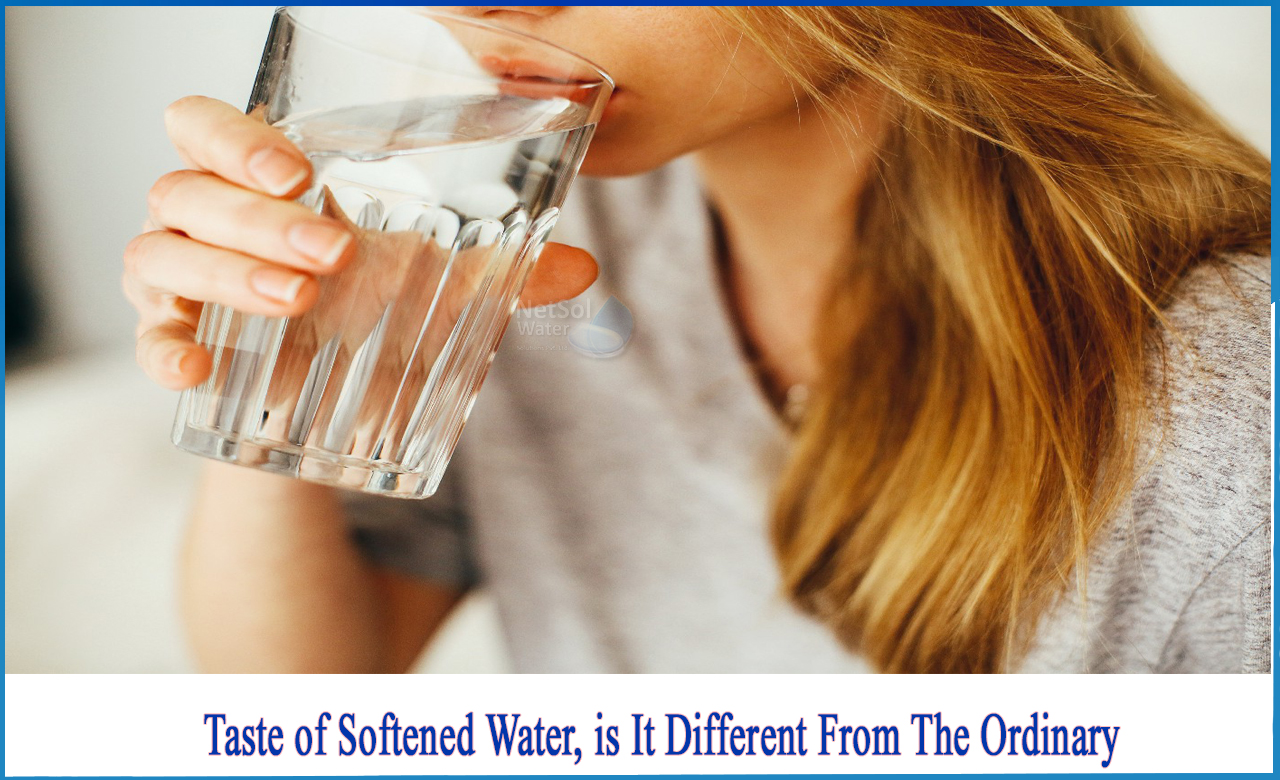Did you realise that not all water is created equal?
Depending on the mineral composition, water can be classed as hard or soft. Water with a high concentration of dissolved minerals, such as calcium or magnesium, is referred to as hard water. Water, in its purest form (rain water), is inherently soft and free of hard water minerals.
Does softened water taste different?
When water travels through calcium or magnesium-containing rocks, such as limestone, these minerals are picked up. Hard water is sometimes favoured for drinking not just because of the minerals, but also because of the taste.Hard water that has had the mineral content (calcium and magnesium) replaced with sodium or potassium is referred to as soft water (salt). Minerals are found in nature and are added to the water's composition when it flows through layers of sand, soil, and rock.
But, when compared to hard water, how does soft water taste, and does it have a particular flavour of its own?
Idea about the taste!
Water softeners generate water that includes little or no additional minerals.The taste of softened water is determined on the quality of your entering water. It's frequently the case that you prefer what you're used to. In tests, the majority of consumers prefer the flavour of softened water in tea and coffee. The salt in softened water is not harmful to your health, contrary to widespread assumption. Sodium levels rise as calcium and magnesium ions are exchanged for sodium ions during the softening process.
Many people who have grown up with the taste of hard water may feel that the soft water generated by a water softener is not as pleasant to drink. However, because a water softener removes calcium and magnesium from the water and replaces it with sodium, the texture, taste, and feel of the water may be altered, which may be unappealing to some.
Soft water is devoid of minerals, and the softening process, which uses potassium or sodium ions to remove magnesium and calcium, might make the water taste salty to persons with sensitive taste buds.This isn't to imply that because hard water has calcium and magnesium, it's better for you.
Some individuals believe that the softening process removes key nutrients when they hear how calcium and minerals are removed by water softeners. After all, calcium and magnesium may help with bone health, can't they?
The calcium and magnesium deposits in hard water are inorganic minerals, which do not provide the same benefits as minerals obtained from food or supplements. The calcium and magnesium in hard water are difficult for your body's cells to absorb. Plants can convert inorganic minerals to organic forms, which is why you should eat your vegetables, but drinking hard water won't help you get enough minerals in your diet. Overall, one can conclude that the taste of soft water is smooth.
Many people remark that they can feel the 'texture' of their water in their mouths when they drink hard water. This sensation is abolished with soft water, and the drinking experience is considerably smoother and more delightful.
The taste of soft water is more neutral-
In addition to the chemical taste, many individuals claim that hard water has a distinct 'flavour,' whereas soft water has no flavour at all. Because soft water has a more neutral flavour, it can be enjoyed by a wide spectrum of people, regardless of their preferences or tastes. It also means that other water-based drinks, such as tea, coffee, or squash, would not be affected.
Netsol Water is Greater Noida-based leading water & wastewater treatment plant manufacturer. We are industry's most demanding company based on client review and work quality. We are known as best commercial RO plant manufacturers, industrial RO plant manufacturer, sewage treatment plant manufacturer, Water Softener Plant Manufacturers and effluent treatment plant manufacturers. Apart from this 24x7 customer support is our USP. Call on +91-9650608473, or write us at enquiry@netsolwater.com for any support, inquiry or product-purchase related query.



